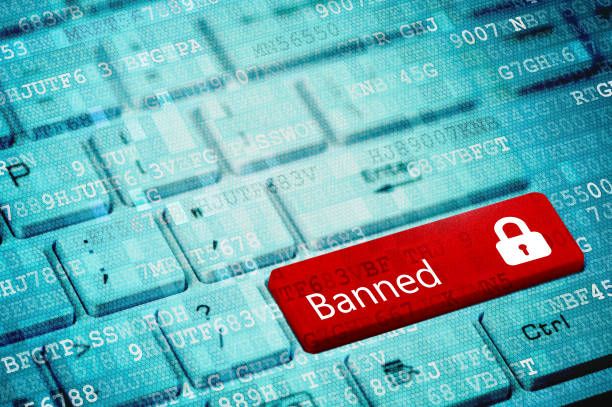South Africa’s Internet censorship rules for all online content — including YouTube, TikTok, Facebook, Twitter

The Film and Publications Regulations, 2022, which established South Africa’s internet content restrictions and went into force in March of this year, have been gazetted by the Department of Communications and Digital Technologies.
The regulations, which are now referred to as South Africa’s “internet censorship laws,” grant the Film and Publications Board (FPB) broad authority to categorize and control all online content in the nation. President Cyril Ramaphosa and Communications minister Khumbudzo Ntshavheni signed the law into operation on 1 March 2022.
The Film and Publications Regulations, 2022, which went into force in March of this year, have been gazetted by the Department of Communications and Digital Technologies. The regulations, which are now referred to as South Africa’s “internet censorship laws,” grant the Film and Publications Board (FPB) broad authority to categorize and control all online content in the nation.
According to the regulations, the FPB has evolved from a classifications body to a full-fledged regulator for South African digitally disseminated content, with the authority to grant and renew licenses or certificates, accredit distributors, and levy fines in the event of non-compliance.
The general public is not expressly excluded from the new regulations’ scope of application, nor are items like blog entries, Facebook updates, tweets, or videos posted on websites like YouTube, or any other publication, movie, or game.
The FBP has previously stated that users should not be concerned about the content they publish online unless it violates the rules governing content, such as uploading hate speech, revenge porn, or child sex abuse material. However, the regulations are silent on this point. Additionally, the board has not yet released the promised social media policies.
It did release guidelines for movies, video games, and periodicals in July, but these don’t yet address the issues with social media posts or content posted to video sharing sites like YouTube. It should be noted that malicious communications are already criminalised under South Africa’s new Cybercrimes Act. President Ramaphosa proclaimed the relevant sections of the Act on 19 November 2021.
The rules are particularly ambiguous when it comes to “publications,” according to the FPB, which mandates that “every publication must be classified upon the request of any interested person.” Theoretically, this implies that any organization or person who disseminates previously published content online may still be subject to the laws.
The rules for submitting online content for classification are as follows:
“Any distributor, other than that of a publication, or a film, that is published or exhibited by a member of the Press Council of South Africa or an advertisement that falls under the jurisdiction of the Advertising Regulatory Board … must, unless that publication, film or game is already classified by the FPB, submit such publication, film or game for classification.”
